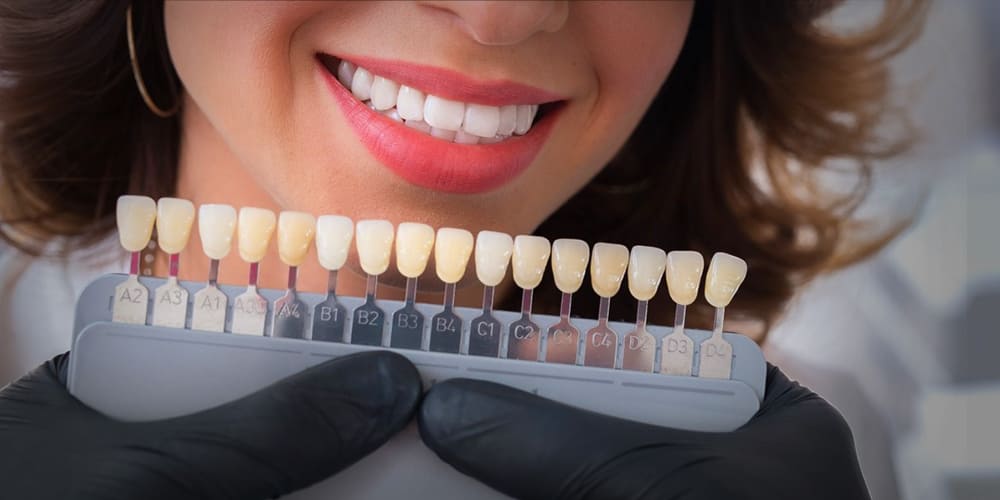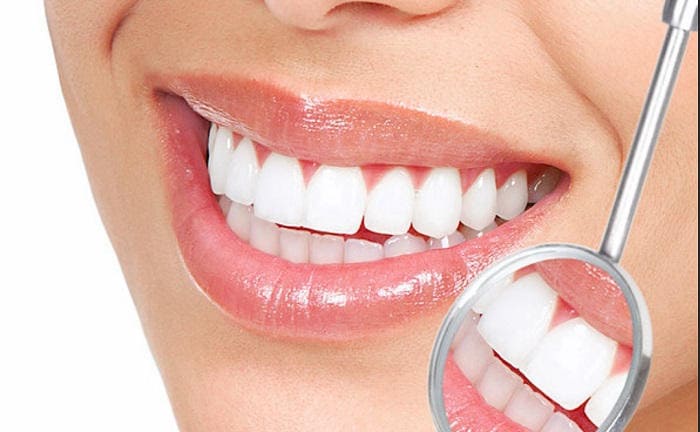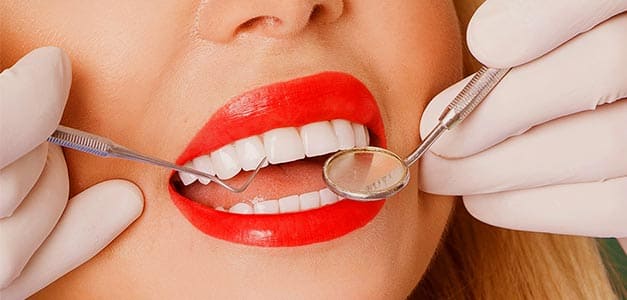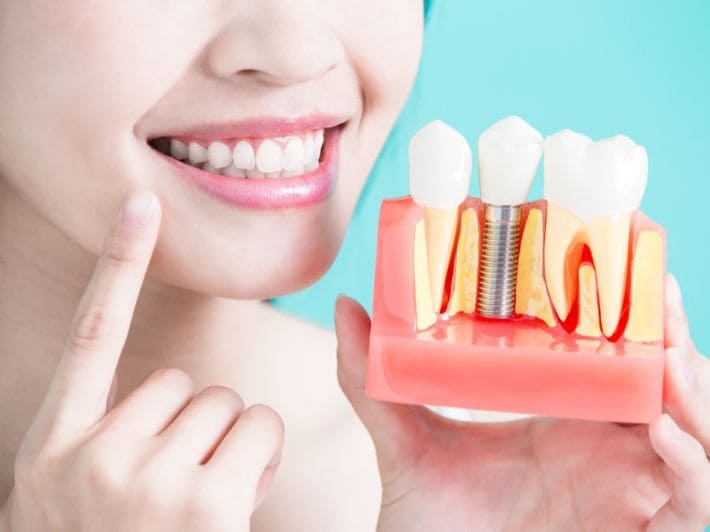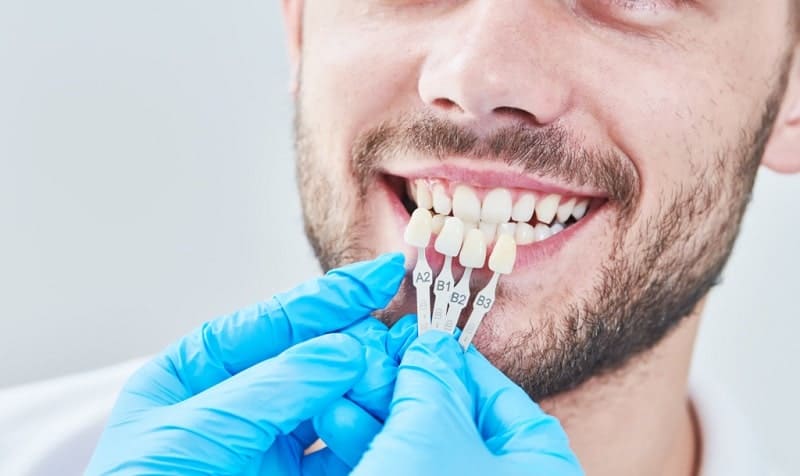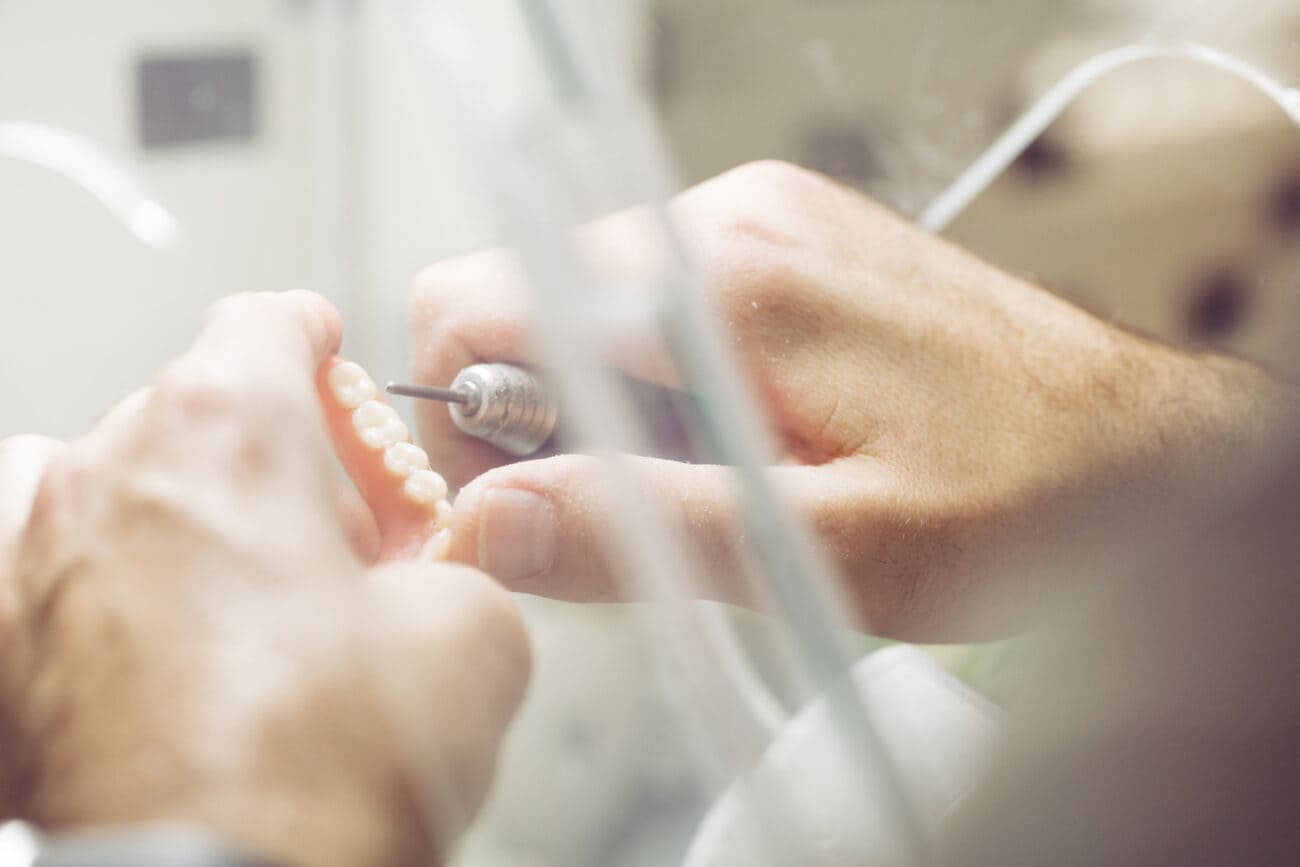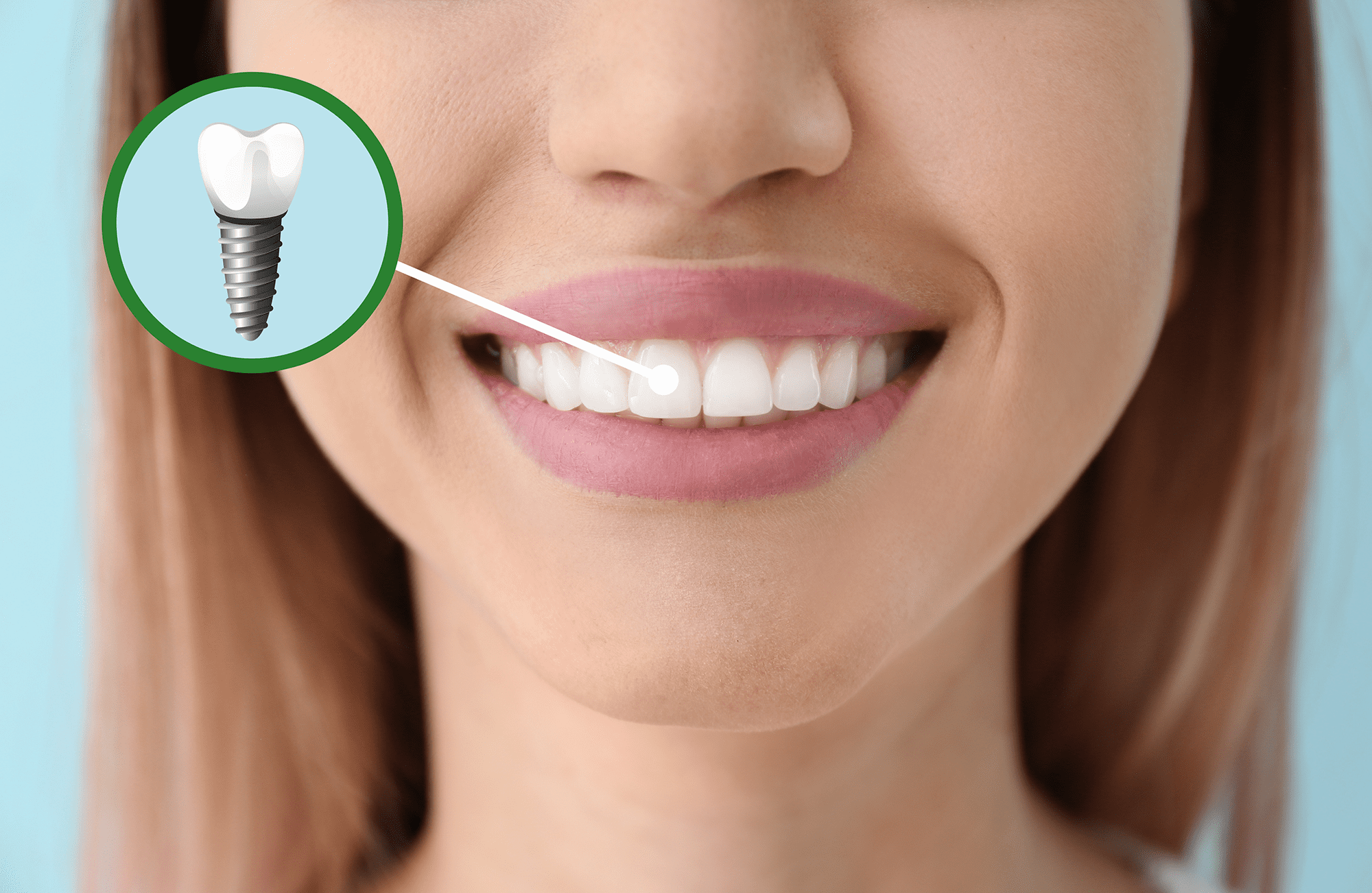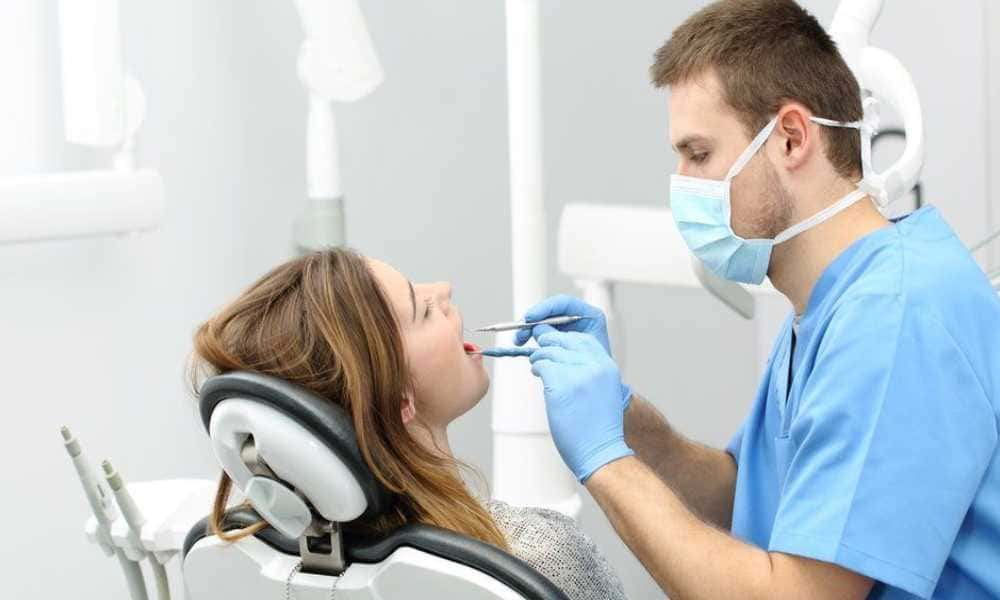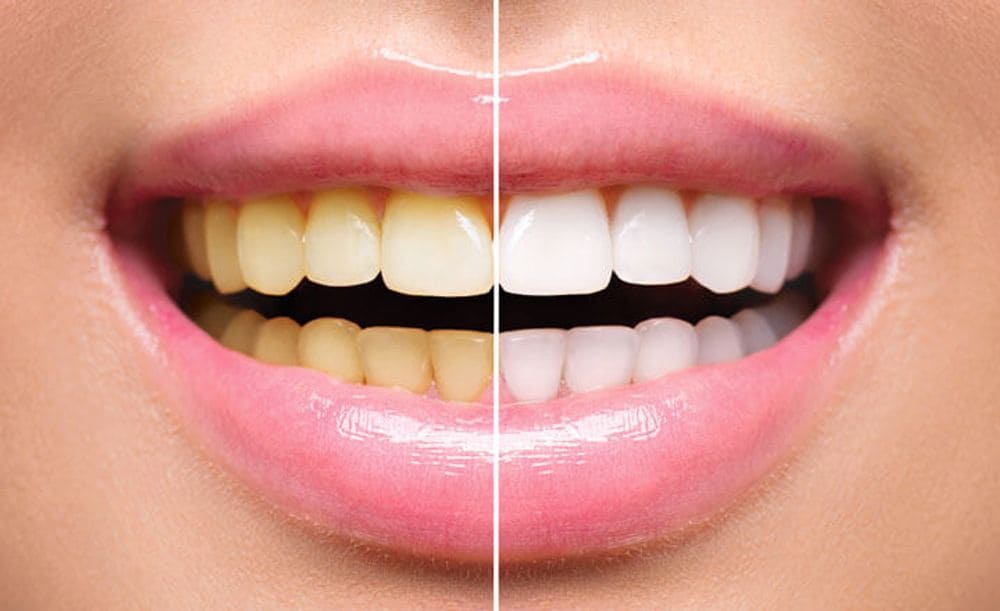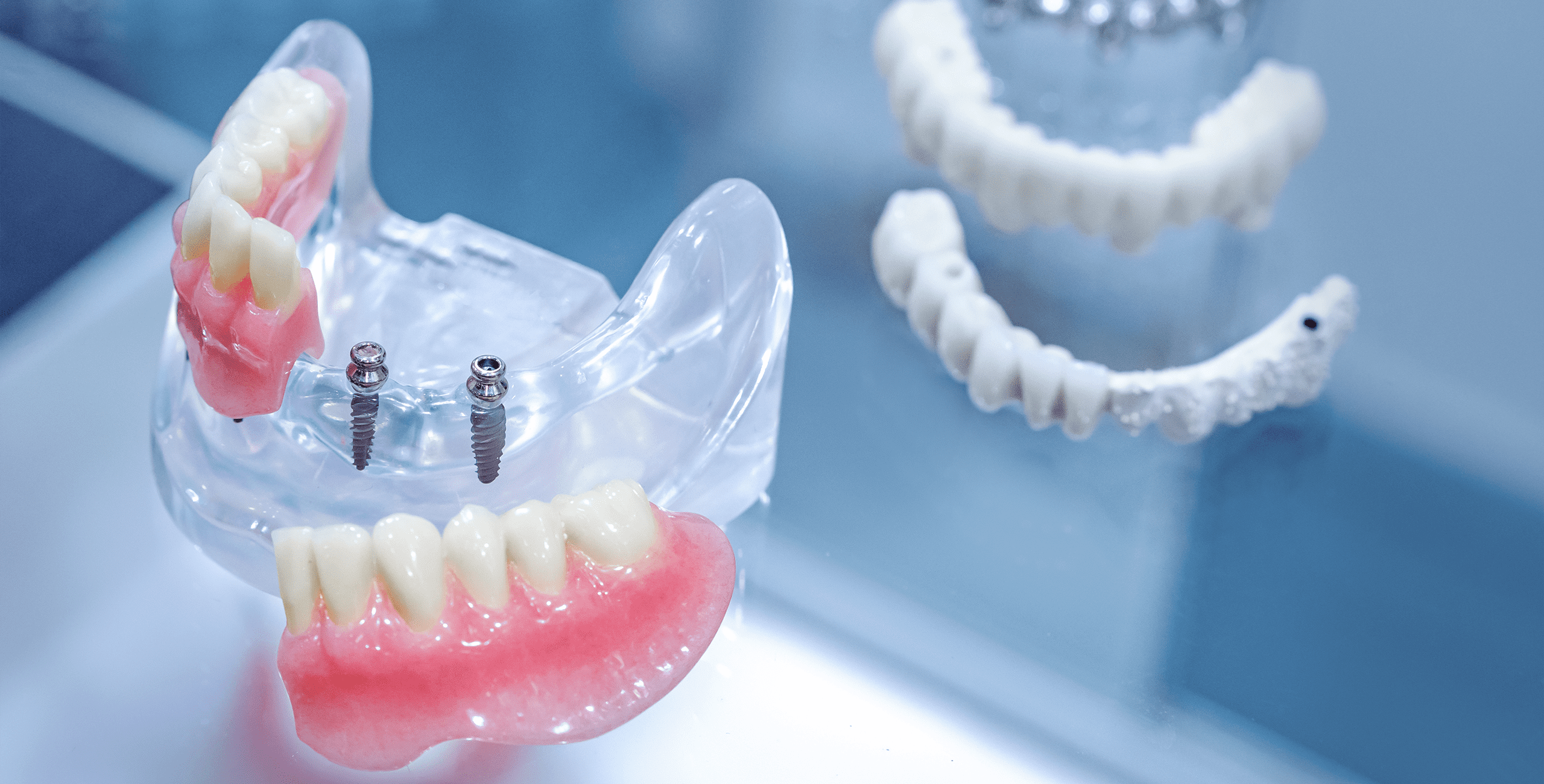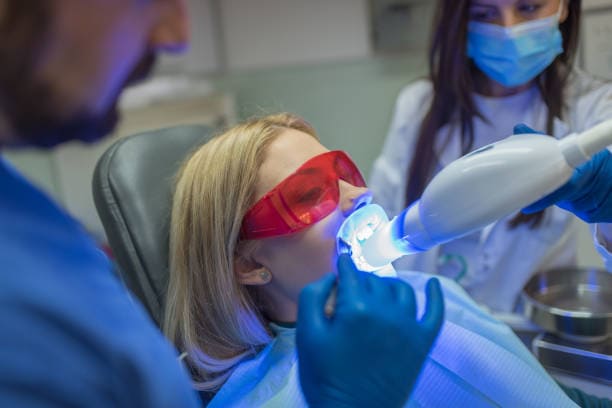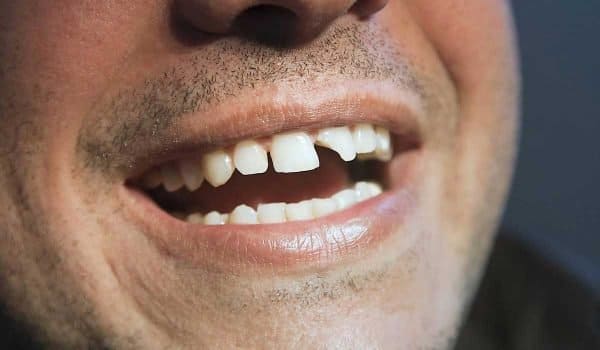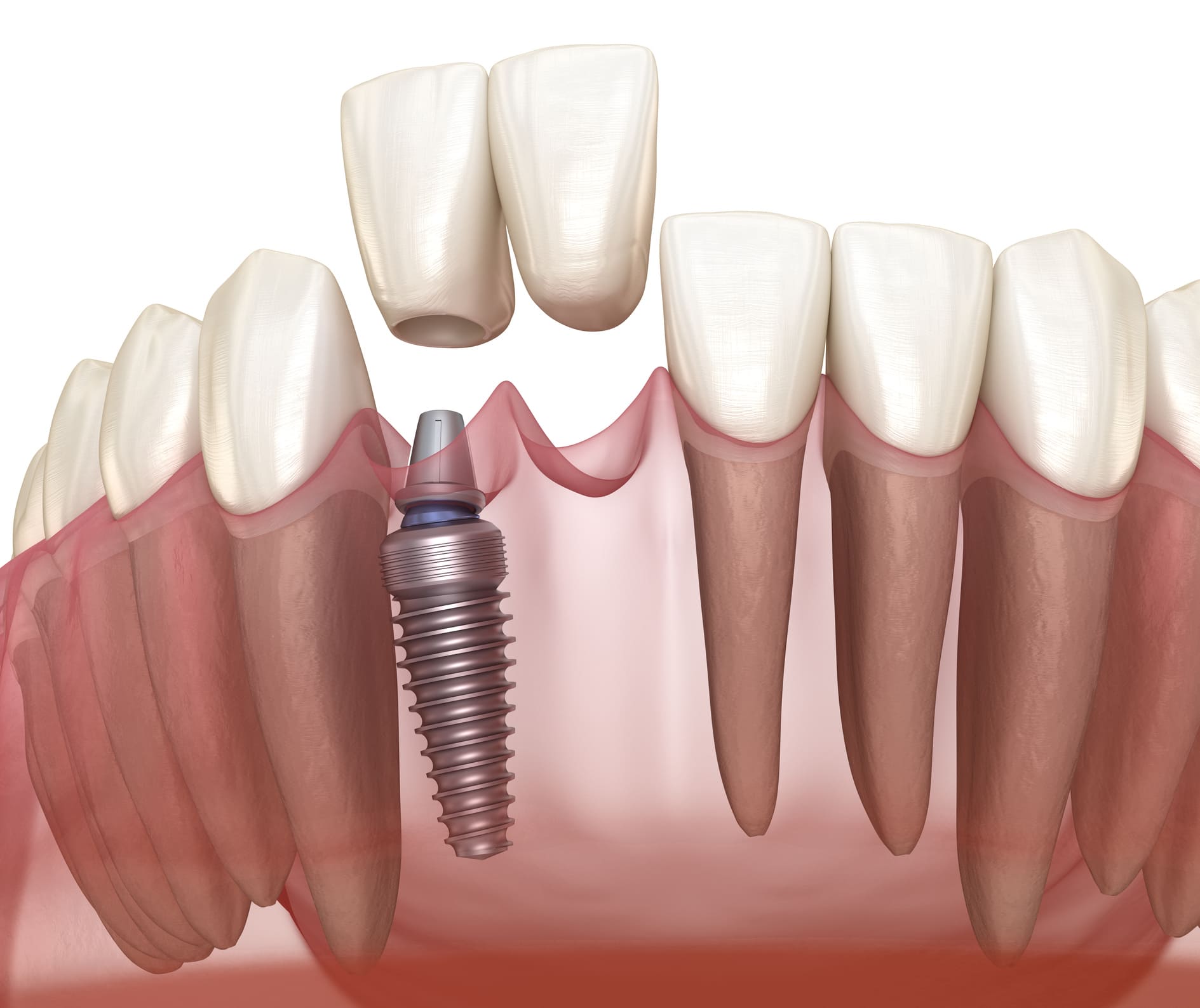Dental bridges are fixed dental prostheses used to replace one or more missing teeth by bridging the gap between adjacent natural teeth or dental implants. Like any dental treatment option, dental bridges come with their own set of advantages and disadvantages.
Advantages:
- Aesthetics: Dental bridges can improve the appearance of the smile by filling in gaps left by missing teeth, restoring facial aesthetics, and enhancing confidence.
- Functional Restoration: Bridges restore proper chewing function and speech clarity, allowing individuals to eat a wider variety of foods and speak more clearly.
- Preservation of Tooth Alignment: By filling the space left by missing teeth, dental bridges help prevent neighboring teeth from shifting out of position, maintaining proper tooth alignment and bite stability.
- Durability: Dental bridges are a durable restorative option that can last many years with proper care and maintenance.
- Convenience: Unlike removable dentures, dental bridges are fixed in place and do not require removal for cleaning or soaking overnight.
- Quick Procedure: The process of getting a dental bridge is relatively quick compared to some other tooth replacement options, with results achieved in just a few dental visits.
Disadvantages:
- Alteration of Natural Teeth: To support the dental bridge, the adjacent natural teeth (abutment teeth) may need to be filed down and capped, which can compromise their structural integrity.
- Risk of Decay and Gum Disease: Dental bridges require meticulous oral hygiene to prevent the accumulation of plaque and bacteria around the bridge margins, which can lead to tooth decay and gum disease.
- Limited Longevity: While dental bridges can be long-lasting, they may eventually require replacement due to wear and tear or changes in the supporting teeth or bone structure.
- Cost: Dental bridges can be a significant financial investment, especially if multiple teeth need to be replaced or if additional procedures such as root canal therapy are required.
- Potential Sensitivity: Some individuals may experience temporary sensitivity or discomfort following the placement of a dental bridge, especially if the abutment teeth have been prepared.
Overall, dental bridges offer a reliable and aesthetically pleasing solution for replacing missing teeth, but it’s essential to consider both the advantages and disadvantages before deciding on this treatment option. Consulting with a qualified dentist or prosthodontist can help individuals make informed decisions based on their specific dental needs and preferences.





